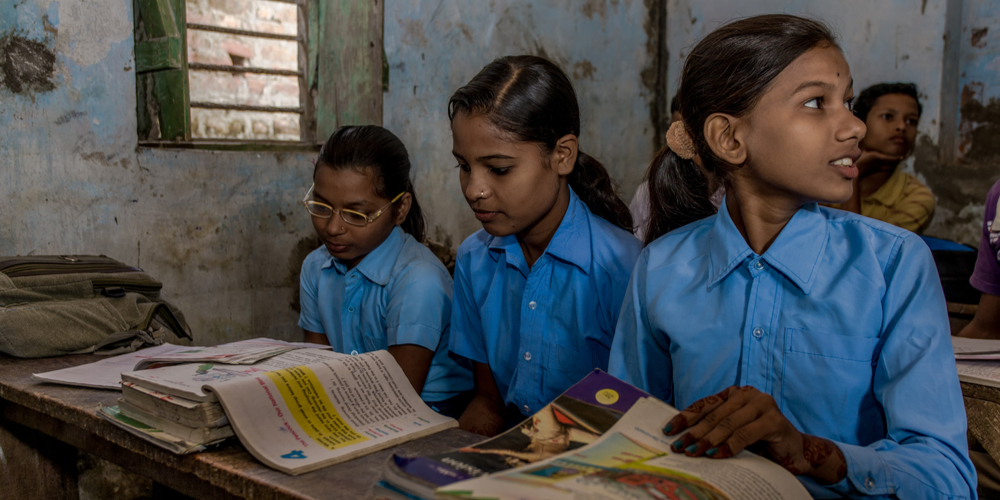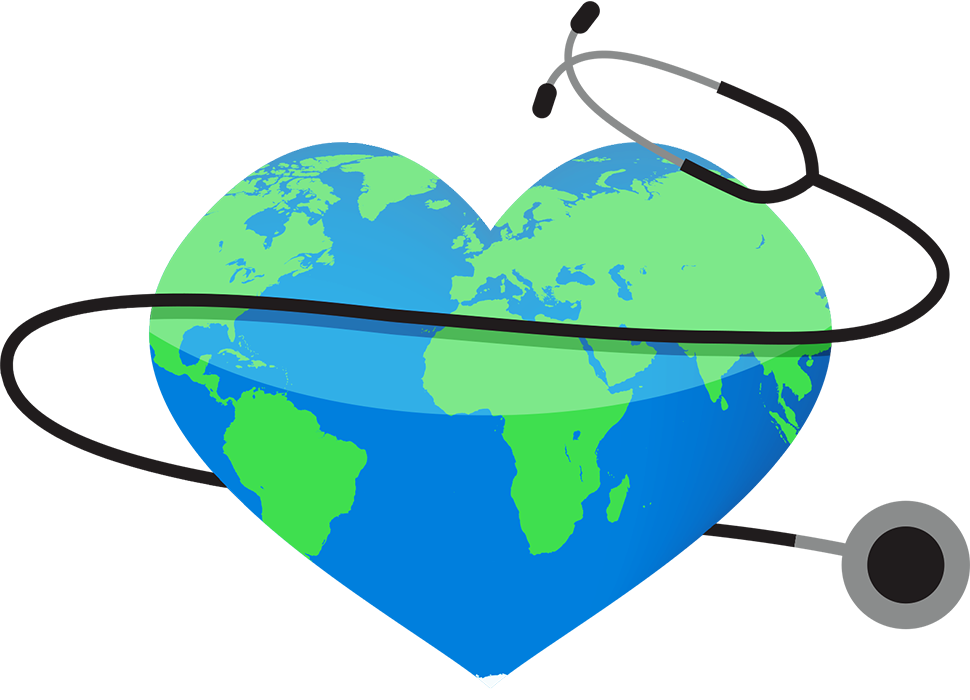
Why is education important?
In the developed world, children are taught the importance of good personal hygiene from an early age; in tandem with sophisticated methods of waste disposal and water purification, this helps to eliminate the development of new illnesses and helps to stop the spread of existing infections.
In the developed world, many people do not receive any formal education and are consequently unaware of the dangers related to poor sanitation, lifestyle choices and poor levels of hygiene; without this knowledge they are unable to stop the vicious cycle of fatal infections such as HIV and Aids, diarrhoea and cholera.
Educational initiatives
Charities, representatives from developed countries and institutions such as the World Health Organisation are working hard to promote education in the developing world; this involves improving children’s education by building new schools and providing equipment and resources, as well as introducing educational measures to raise awareness of serious health issues and promoting self-sufficiency and employment.
Even the most basic education programmes can radically affect the way people live their lives.
Benefits of education
The benefits of education are numerous and wide-ranging; as well as creating opportunities relating to employment, training and knowledge, education allows people to take on new challenges and realise dreams.
Having knowledge makes people able to make well-informed choices which will benefit them both physically and mentally in both the short and long term.
People who come from the developing world have little access to education and are therefore not granted the same opportunities; the lack of education also prevents them from having vital knowledge which may affect their decision-making.
The issue of HIV and AIDS in the developing world is perhaps one of the most talked about subjects in society today and provides an excellent example of the dangers associated with a lack of education; if people were aware of how to prevent the spread of HIV and were able to access appropriate resources, such as contraceptive devices, millions of lives could be saved each year.
Gaining independence
People from the developing world do not want to rely on other people’s charity and aid; however they lack the necessary money, resources and education to support themselves.
Education can teach people to become self-sufficient and enable them to gain the knowledge they need to go out and make a living and support their families.
Teaching people a trade and providing necessary resources, such as farming, for example can dramatically change their future and provide valuable opportunities.
